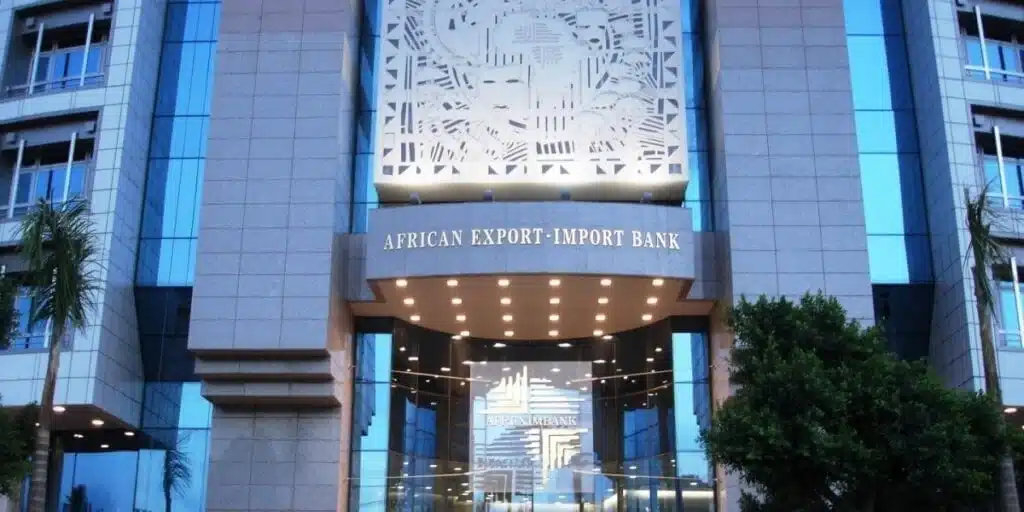
When Africa’s richest man, Aliko Dangote, began building a $20bn petroleum refinery near Nigeria’s economic capital of Lagos in 2017, it was intended to kill two birds with one stone. The refinery was going to boost Nigeria’s export value by refining 650,000 barrels of crude daily, more than a quarter of daily production at the time; it would also end decades of reliance on fuel imports by meeting all domestic demand, saving scarce foreign exchange. The coming on stream of the refinery was among the reasons President Bola Tinubu was persuaded to cut fuel subsidies on taking office a year ago.
The reality has been somewhat different.
For one thing, the Dangote Refinery hasn’t been receiving enough feedstock of Nigerian crude. The first shipment of 1m barrels sent in by Shell International Trading and Shipping Company last December was to be followed rapidly by other suppliers to support daily refining of 350,000 barrels per day in the first phase of production. Those supplies didn’t arrive as expected.
“Nigeria’s oil supply has been unreliable for quite some time now,” says Chijioke Nwaozuzu, a professor of petroleum economics at the university in Port Harcourt, Nigeria’s southern oil hub. “Dangote had to look elsewhere because a significant volume of Nigeria’s production is lost to oil theft.”
Since its inception, the Dangote Refinery has taken delivery of 18m barrels of domestic crude oil. But it has had to supplement that with imports of 9m barrels of West Texas Intermediate crude oil from the US. Another tender that closed in May seeks an additional 2m barrels of West Texas Intermediate a month, starting in July, according to S&P Global’s Commodities at Sea data.
“The move to secure a longer-term off-take agreement signals a commitment by the refinery to more permanently diversify its crude sources,” S&P concluded in the May report.
Absence of supply delays construction of small refineries
The Dangote Refinery blames inadequate supplies from Nigerian sources for the resort to imports. In recent interviews, Dangote himself alleged that the oil majors in Nigeria prefer to export for payment in dollars rather than receive naira.
This brought to the fore a key sticking point between local refiners and the oil producers. While the regulations require local refiners to pay for crude oil either in naira or dollars, most, including Dangote, chose to pay in the local currency. Dangote’s allegation has received support from the owners of modular refineries, small plants processing no more than 30,000 barrels per day.
The Crude Oil Refinery-owners Association of Nigeria said the absence of oil supply guarantees is delaying the construction of as many as 20 modular refineries out of 25 licensed by regulators – mainly because financiers are unwilling to release funds without it. These small refineries are being licensed mainly in the oil-rich but restive Delta region to discourage the emergence of illegal refineries, one of the conduits for oil theft.
“Only about five of our members have completed their refineries,” Eche Idoko, a spokesman for the group, told reporters recently. “Dangote has raised similar concerns, just as we have been saying all along.”
The international oil companies have in turn blamed production disruptions, including oil theft and sabotage, for their inability to keep up with supplies. Indeed, Nigeria has been unable to meet its OPEC supply quota since 2020 due to these disruptions.
At optimal production, the state-owned Nigerian National Petroleum Corporation (NNPC), the majority stakeholder in the country’s oil ventures, would have had enough crude oil to meet all of Dangote’s needs. Indeed, on noting its strategic importance, the government took a 20% stake in the refinery.
Large amounts of NNPC’s share of oil are, however, tied up in so-called Modify Carry Agreements. These are agreements under which oil majors, notably international oil companies (IOCs), that are venture partners provide exploration capital and recover it through oil exports. NNPC has such agreements that are still active with Shell, ExxonMobil, Chevron, TotalEnergies and Eni. These are valued at more than $5bn, to which sizeable amounts of Nigeria’s share of oil exports are still committed.
Rules to compel IOCs to boost supply planned
Nigeria is responding with new rules to compel international oil companies to supply oil to domestic refiners. With effect from July, oil producers are required to supply domestic refiners before they can export, a move that the regulator, the Nigerian Upstream Petroleum Regulatory Commission, said is being made in compliance with the provisions of the Petroleum Industry Act, which assures oil supplies to local refiners.
“What we have just done in furtherance of that provision is put in place a regulation on domestic crude oil obligations,” Gbenga Komolafe, head of the commission, told reporters.
Four state-owned refineries with the capacity to process 445,000 barrels of crude oil daily were built between 1965 and 1985 for domestic fuel supply. For the past three decades, these refineries have performed at a fraction of their capacity. Before the Dangote Refinery, no new ones had been built since 1985, forcing the country to rely on fuel imports.
In deciding to fill the gap with his giant refinery, Dangote appears to have upset some vested interests that have thrived under the fuel imports regime. These include those profiting from fuel imports, the recipients of fuel subsidies and the criminal rackets behind oil thieves, said to include powerful people in the oil industry and the security forces.
Even Tinubu initially appeared ambivalent toward Dangote and the refinery project. And suspicions of a rift between the president and the billionaire only deepened after the country’s Economic and Financial Crimes Commission conducted a raid and a search on the Dangote Group’s headquarters in January. The action was said to be in connection with an investigation into how foreign exchange used to fund the construction of the refinery was obtained from the Central Bank of Nigeria.
Inflationary pressure
The Tinubu government is now under pressure due to the inflationary impact of higher fuel prices caused by the cut in fuel subsidies. It could do with a respite from price increases. Annual inflation reached a three-decade high of 33.95% in May, largely driven by food inflation at 40.6%, with the blame laid on higher food transportation costs due to more expensive fuel. Trades unions called a general strike that was suspended on 4 June, when the government promised to double the national minimum wage.
The previous government had pinned the end of subsidies to the opening of the Dangote refinery; Tinubu was in a hurry to get it done with. The best chance of lowering costs is through domestic refining, and the Tinubu administration appears determined to make the most of the opportunity. With the refinery now up and running, Nigeria will not need fuel imports starting from the second half of this year, Dangote has pledged.
For Nigeria to make the most of the Dangote Refinery and other local refiners, they must be assured of domestic oil supply, according to Nwaozuzu, the petroleum economist. “Guaranteed feedstock availability and nearness to source of supply are key to reliability in refinery operations,” he says. “For this reason there is an urgent need to stop oil theft.”






Recent Comments